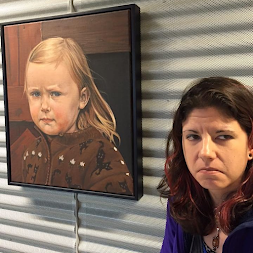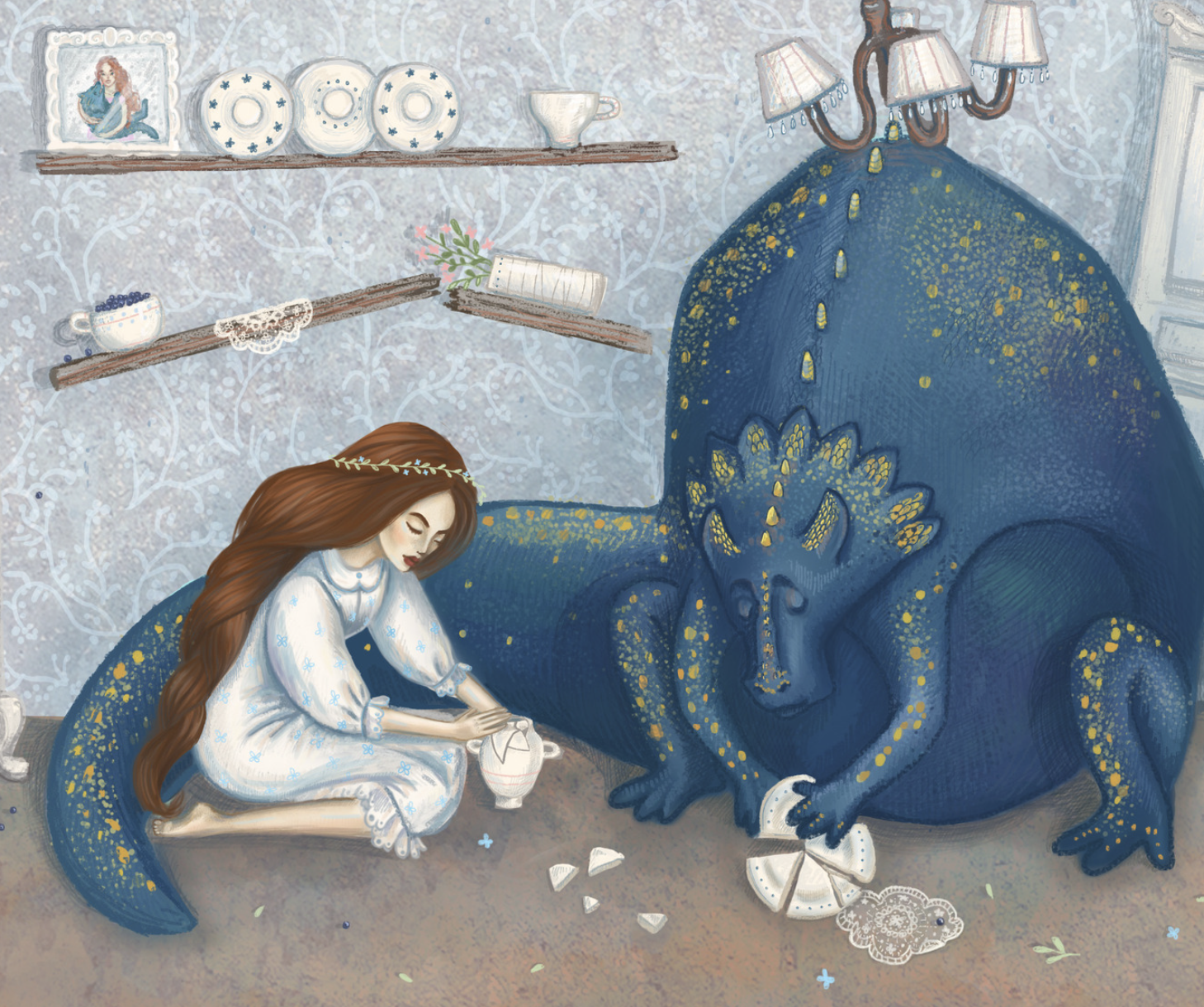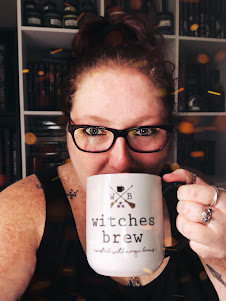[I'm going to preface this blog entry by stating that I am not a financial professional. I am not a certified financial planner, and this is not official advice. I am also located in the United States, so any references to taxes or the like may not apply to you in your own country. Please do your own due diligence.]
Phew!
Now that that's out of the way, let's talk about everybody's favorite topic…finances. Specifically, what happens when that book you published goes live and you start receiving those tasty, tasty royalty checks.
You just got paid. Yay! But…now what?
I look at my being an author as being truly self-employed. I am running my own company of one. I spend probably only half my time as an author writing, and the other half is broken up between social media, administrative tasks, and finances. Tracking how much I spend, where, and on what, has become a major part of my daily routine.
Here are a couple of pieces of info that I wish I had been given, so I hope some of them might be useful to you. But first, I want to explain a few words and abbreviations I'm going to throw around that might be new to you:
Gross: How much you made overall.
Net: How much you actually got to keep.
P&L: Profit and loss. Basically, how much you make and how much you lose.
ACOS: Advertising Cost Of Sales. In order to make a dollar, how much of that dollar went to marketing?
Let's dive in!
Tracking
It's important to track your income and expenses! First, all the money you spend to make money as an author can be subtracted from your income as a business expense. This includes marketing, supplies, editing, covers, proofing, postage, and yes, even commissioned artwork.
I know, I know, you're probably a writer because you suck at math. That's okay. You don't need to be good at it. But luckily, free software like Google Sheets can do 90% of the work for you, and are a great and easy resource for tracking these kinds of things.
Hopefully, you'll never be audited. But if you are, you'll need all that documentation. Keep track of every purchase and every royalty check. I keep a fairly ridiculous spreadsheet where I track probably far more things than I need to. You can keep a shoebox with notes, it doesn't matter. Just keep it somewhere.
Budgeting
Every morning I look at my ad spend from the previous day, and balance it against the (estimated) income I've made. I then do some simple math:
Gross Income - Ad Spend = Net Income. I then use that net income and divide it against the gross income to create my ACOS percent. AKA: What percentage of my gross income was spent on sales? 10%? 50%? 75%?
As to how much you should spend on your ads, it's entirely up to you and your goals. I threw money at my series when I was starting out and trying to get a foothold. But now, my stomach for "overspending" is weaker, and I tend to be more conservative. Especially if I think a series is in danger of not landing, and therefore not selling.
Too many times I've dumped money on advertising and then realized the series wasn't ever going to make it back. Now, by tracking it regularly, I can keep an eye on things and twist the valves as much or as little as I need to.
But maybe you really want to spend a lot. Or maybe you want to spend nothing. That's totally your decision, just keep an eye on it either way.
Also budget in how much you want to spend on other things: like blog tours, discount ad runs, and commissioned artwork. It adds up and it can add up fast.
Now, let's talk about the other big place an author's income goes that you should pay attention to…
Taxes
Yep, that's right.
You just got a healthy chunk of cash from royalties! Yay! Now, guess what? You have to pay a bunch of that to the government now. Both at the state and federal level. If you make over $600.00 a year, you have to pay these taxes on a quarterly basis. If you don't, you get slapped with a fine at the end of the year.
So it's important to remember that whatever money you've just made from a royalty check, a whole bunch of that is already earmarked to go elsewhere. Do not forget to include your estimated taxes when you build a budget for yourself.
How much you have to pay depends on what tax bracket you're in, and also how much your state charges for income taxes. Both of those vary wildly per person, so I won't bother including any specific numbers. But just remember that you pay your income taxes from your NET income, not your gross. Basically:
Gross Income - Business Expenses (whatever they are) = Net Income. Take a percentage of that net income for federal tax, and then whatever your state tax is, and then pocket that away to pay every 2-3 months. (You can pay your estimated taxes online, it's free and super easy.)
A Quick Bonus
One last quick financial factoid I discovered recently might be helpful to you: you can create a 401k for yourself as an author!
It's called a "solo 401k", and it's designed for a sole-proprietor (such as yourself) to use some of your self-employed income to create a retirement fund for yourself. The details of this are complicated, but I set mine up in an afternoon.
If you're interested in saving for a retirement fund, this is a great way to do it–and most people don't have access to this option. (And you can also do it if you also have a 401k through a day job!)
TL;DR:
That's just a glimpse into the kinds of things I try to keep an eye on when I’m thinking about finances as an author. Remember:
Track every penny that goes in and out.
Keep an eye on your budget.
Don't forget you need to pay taxes.
Happy accounting, everyone!
Kathryn Ann Kingsley
As an USA Today Bestselling Author and award-winning designer, Kat has always been a storyteller. She delights in spinning stories of the sweetest nightmares to delight her readers with her unique twist of horror and romance.
With ten years in script-writing for performances on both the stage and for tourism, she has always been writing in one form or another. When she isn’t penning down fiction, she works as Creative Director for a company that designs and builds large-scale interactive adventure games. There, she is the lead concept designer, handling everything from game and set design, to audio and lighting, to illustration and script writing.
Also on her list of skills are artistic direction, scenic painting and props, special effects, and electronics. A graduate of Boston University with a BFA in Theatre Design, she has a passion for unique, creative, and unconventional experiences. In her spare time, she builds animatronics and takes trapeze classes.
















.png)


















.png)

